We’re bombarded with messages about what we should be taking.
Vitamin D for immunity. Magnesium for sleep. Collagen for skin. Probiotics for digestion.
And yet, despite all the bottles and blister packs lining kitchen cupboards… so many people taking supplements still feel tired, stressed, bloated, or just not quite right.
Here’s the truth:
Supplements can be incredibly powerful, but they can also be a total waste of money.
And worse, they can actually do more harm than good if used incorrectly.
So how do you know what’s worth it, and what’s just likely to give you expensive wee?
I filled my bathroom cupboard with supplements…
Before I became a Nutritional Therapist, I did what many of my clients now do. I reached for anything and everything that might help. Painful periods, digestive symptoms, awful skin, I was desperate to feel better. I filled my bathroom cupboard (and a carrier bag or two) with supplements, trying to ‘fix’ myself.
And like so many people, I was left confused, overwhelmed… and still with the same symptoms. I’d occasionally hit on something that helped, but I didn’t feel like I was getting to the root of what was going on.
Now, as a practitioner trained in functional medicine, I see this same pattern with my clients, all the time.

So, do supplements actually work?
Yes, when they’re used properly.
The right supplement, at the right dose, in the right form, for the right person, at the right time… can be life-changing. But that’s a lot of rights.
On the other hand, many supplements:
- Are poor quality (packed with fillers or too low in active ingredients)
- Aren’t absorbable (meaning your body can’t access them)
- Don’t suit your individual needs or interact negatively with medications
- Can imbalance other nutrients if taken in isolation
- Are chosen based on symptoms alone, without context of what else is going on
So yes, sometimes they just become “expensive wee.”
What makes a supplement actually work?
It’s not enough to grab a supplement because it worked for your friend or because it’s trending on TikTok. And don’t even get me started on well-meaning advice, given out in Facebook groups and celebrity endorsements 🤨
You need to consider:
- Formulation – Is the nutrient in a form your body can absorb?
- Bioavailability – Are your digestion and gut health working well enough to break it down?
- Interactions – Could it clash with medications or deplete other nutrients?
- Research – Does the dose match what’s been shown to work in clinical studies?
- Your individuality – Your symptoms, lifestyle, medical history, genetic makeup, and goals.
Let’s take magnesium as an example. There isn’t just one type. Magnesium glycinate, citrate, oxide, malate, threonate… they all do different things, and some are better absorbed than others. It’s the same with probiotics, B vitamins, and even turmeric.
It’s time to ditch the ‘one-size-fits-all’ mentality
Too many people take supplements the same way our conventional healthcare system dishes out medication: “A pill for every ill.”
But your body isn’t a list of isolated symptoms. It’s a whole, interconnected system. A symptom like fatigue might be linked to your iron levels, thyroid function, digestion, stress load, sleep quality, or all of the above.
Take turmeric, for instance. It’s known for being anti-inflammatory. But did you know it can reduce iron absorption and may affect oestrogen detoxification, something that could be a concern for someone with a family history of hormone-sensitive cancers?
Taking specific supplements alongside certain medications can be dangerous, it can make your medicines stay in your system for longer or make them not work as well, both of which can be risky.
This is where personalisation matters.
NRV’s, deficiency, and why “enough” isn’t always enough
Most supplements refer to the NRV (Nutrient Reference Value). But these values are just the minimum needed to avoid deficiency, not to feel your best. The ‘research’ for many of these was also completed a long time ago.
They’re based on an average, healthy adult. And as I often say, have you ever met one?
Optimal health isn’t about avoiding scurvy. It’s about thriving, and that often requires a higher intake of certain nutrients, especially in circumstances when:
- You’re under stress
- You’re on certain medications (like PPIs, statins, HRT, or the pill)
- You’ve had health issues for a while
- Your digestion isn’t absorbing nutrients efficiently
- You’re exposed to toxins or environmental stressors
- You have genetic factors that increase your needs
- You’ve been eating a poor diet
Take Vitamin D: the NHS recommends 400iu. But research shows many people need significantly more to reach and maintain optimal levels, especially if you have darker skin, spend most of your time indoors, or live in the UK.

Can’t I just eat well instead?
Food should always be the foundation. But thanks to modern farming, long storage times, depleted soil, and high stress lifestyles, even the most nutrient-dense diets may fall short.
So while you can’t out-supplement a poor diet, it’s also true that food alone may not give you everything you need.
So, what should you do?
If you’re going to use supplements, here’s my advice:
✅ Choose quality brands: avoid using untrusted sites to purchase supplements – there have been reports of fakes. Avoid supermarket and other budget store brands, these are unlikely to be professional formulas but see next bullet point.
✅ Read the labels: watch out for fillers, poor formulations, and low doses
✅ Work with a qualified practitioner: we’re trained to identify what works, what doesn’t, what interacts and what’s right for you.
✅ Be careful who you listen to: There’s a lot of people out there who talk about supplements but are they actually trained in prescribing them? And are you really happy to put your health in the hands of random strangers in Facebook groups?
✅ Don’t guess: test where possible (especially for things like Vitamin D)
✅ Track your response: rate your symptoms and try one thing at a time
✅ Be cautious with iron: too much can be toxic and mask other issues
✅ Remember: more isn’t always better: but too little is often a waste

The bottom line
Supplements aren’t magic pills. But used wisely, they can be incredibly powerful tools for healing, energy, mood, sleep, hormones, and more. This is especially the case when used alongside diet and lifestyle interventions.
If you’re navigating symptoms, feeling confused, or wondering where to start, you don’t have to guess.
🌱 Book a Wellness Kickstart Call to explore a personalised, root-cause approach to health, where supplements are used strategically, and always alongside food, lifestyle, and care that’s tailored to you.




